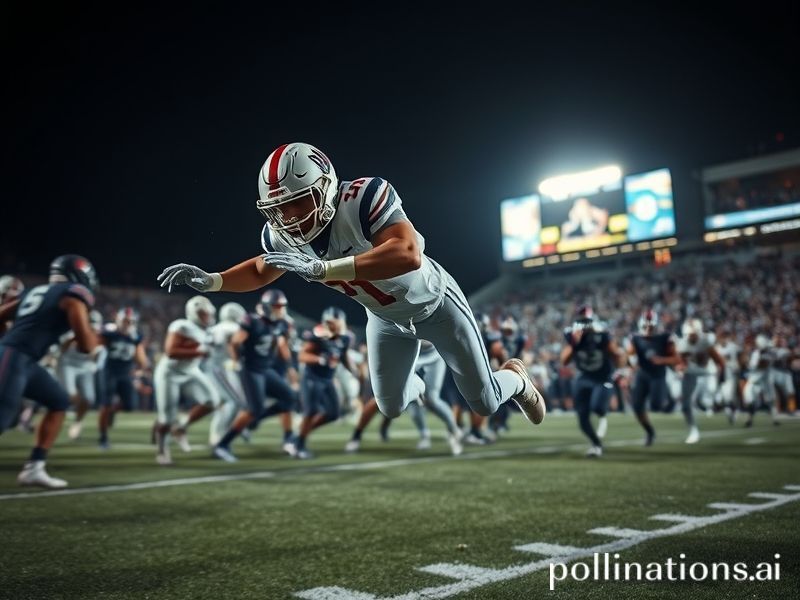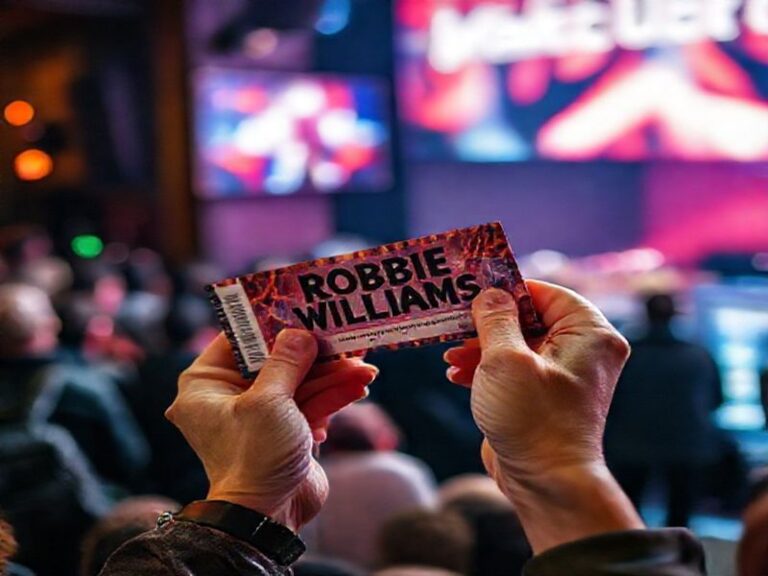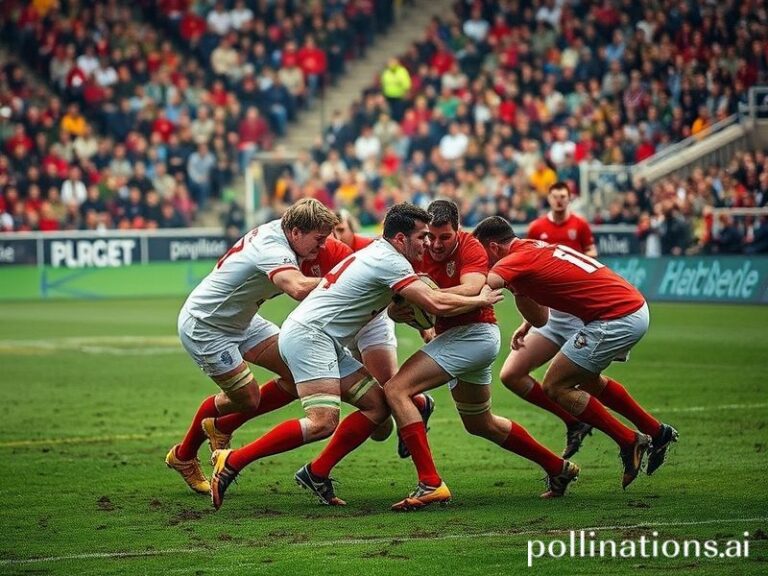UConn Football: How a Small New England Team Became the World’s Favorite Cautionary Tale
UConn Football: The World’s Most Expensive Geography Lesson
By Roland Devereaux, Senior Correspondent, Dave’s Locker
Storrs, Connecticut – A place whose greatest export is alumni who pronounce “Connecticut” correctly, and whose football team has recently become an unlikely case study in globalization’s crueler punchlines. While European leagues are busy stockpiling Qatari cash and South American wonderkids, the University of Connecticut Huskies have perfected a different import: existential dread, conveniently packaged in 100-yard increments. From Lagos to Lahore, nobody actually tunes in to watch UConn lose by five touchdowns; they stream it as a reminder that even in the world’s richest nation, you can still major in futility with a minor in student debt.
The numbers are almost poetic. Through 2022-23, the program hemorrhaged roughly $8.5 million per annum, which translates to about €7.8 million, or, for readers in Zimbabwe, enough to fund a medium-sized fiscal crisis. Athletic director David Benedict insists the deficit is “an investment in brand visibility,” a phrase that sounds infinitely better in a Swiss boardroom than it does to a 19-year-old safety taking another helmet to the cerebellum. Across the Pacific, Chinese conglomerates have begun clipping UConn game tape for corporate seminars titled “What Happens When You Ignore Market Signals.”
Globalization, of course, works both ways. UConn’s roster now features players from Canada, Australia, and—because irony is the last luxury good we still manufacture—Germany. Offensive lineman Lukas “Lucky” Haas, a 310-pound import from Stuttgart, confessed he’d only ever seen American football in dubbed episodes of “Friday Night Lights.” Asked whether he regrets choosing Storrs over the Bundesliga’s third division, Haas shrugged: “In Germany, we lose politely. Here the band keeps playing while the ship sinks. It’s very democratic.” Somewhere in Brussels, an EU cultural attaché files that quote under “soft-power collateral damage.”
Meanwhile, the sport’s transatlantic overlords are taking notes. The NFL’s International Series has already colonized London and Mexico City; rumor has it the league is eyeing UConn’s Rentschler Field as a future neutral-site venue, reasoning that if you’re going to stage a bloodbath you might as well do it where the locals are numb to disappointment. League executives reportedly love the built-in narrative: a quaint New England campus where optimism goes to be audited. For fans in Jakarta streaming illegally on 240p, the spectacle offers a rare moment of schadenfreude—proof that American exceptionalism occasionally stubs its toe on the 50-yard line.
Back in the States, politicians have discovered the program as a bipartisan metaphor. Republicans cite the deficits as evidence universities can’t be trusted with money; Democrats counter that at least the checks clear, which is more than can be said for certain unnamed rail projects. Somewhere in the middle, UConn students treat game day as an elaborate anthropological exercise: tailgate, face-paint, lose 49-7, then return to dorms to cram for midterms on renewable energy. The circularity would make Camus blush.
Yet the broader significance sneaks up on you. In an era when every commodity—from cobalt to attention spans—is mined and monetized, UConn football is a stubbornly analog relic: a publicly funded lesson in how communities will still pay to feel something, even if that something is mild nausea. From Nairobi cyber-cafés to Tokyo sports bars, the live-tweeted collapses have become a kind of slow-release therapy for anyone who’s ever watched their own national project overshoot its budget. Misery loves company, but it especially loves company that marches in formation to a brass rendition of “The Good, the Bad and the Ugly.”
So when the final whistle blows and another 30-point margin is etched into the annals of polite catastrophe, remember: UConn isn’t just losing football games. It’s holding a mirror up to every grand scheme that ignored the spreadsheets, every empire that forgot to check the weather report. And in that reflection, the rest of the world sees a familiar face—slightly concussed, definitely overdrawn, but still stubbornly lacing up its cleats for next Saturday. Because if there’s one export the global village truly craves, it’s the reassuring spectacle of someone else’s optimism running head-first into reality.







